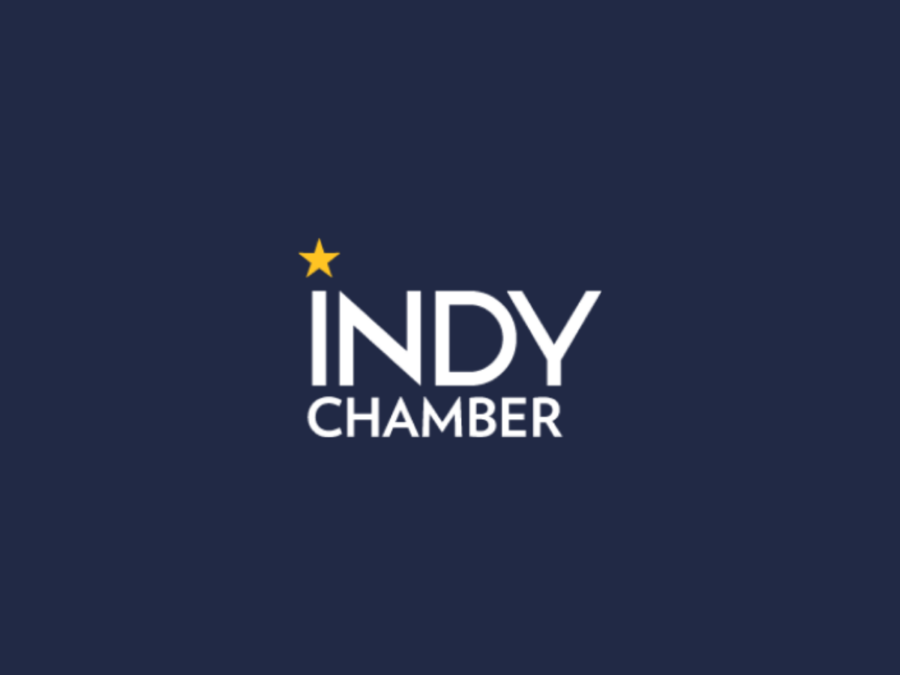Indy Chamber News Archives
By: Simon Sear
Head of Change BJSS
Haven’t the last few years been amazing when it comes to digital technology and the impact it has had on our daily lives? We are living through an era defined by rapid innovation andchange driven by what Gartner calls ‘The Nexus of Forces’: that’s smartphones, cloud and social media to you and me.
Devices and applications like Amazon’s Price Checker, where you can scan a product in a store with your phone and immediately get a comparison price on Amazon, are fundamentally changing the way we live. There is even an app that you can use with Google Glass where you are chased by zombies. It’s a fitness game that makes jogging fun. How cool is that!
The thing about all of this change is that it is delivered quickly, designed around the consumer and it’s cheap. We can pick and choose from the competition, change our mind and decide how we use products and services quickly and freely. Fundamentally, there has been a shift from industrialization and standardization to designing and building flexible tools and processes around the consumer. We have become the masters of digital; using it to enhance our lives.
However, walk in to the average corporate and it is like going back in time. It takes IT an age to do anything, it costs a fortune and applications are designed for function and efficiency rather than usability.
Do we just continue to accept this two-speed reality or will there be such a build-up of pressure that employees will revolt and force corporates to change their ways? Research indicates that already 80% of us are regularly using our own devices and applications for work.
Interestingly, studies into corporates that allow their employees to use their own devices and apps have shown that they benefit from significant increases in sales, profit and agility, as well as employee satisfaction. The lesson seems to be that empowering employees to choose their tools and how they work is good for business. It motivates people to get creative and to innovate.
However, most of those benefits are in sales and marketing. There’s little in the way of evidence to suggest that empowering accounts clerks to process invoices with their own apps, for example, would lead to efficiency improvements or growth of the bottom line. In fact, that seems counter-intuitive. Surely, processing invoices is an industrial task that benefits from scale and standardization.
Some people are already predicting a two-speed corporate IT department: one focusing on squeezing out efficiencies in industrial apps like invoicing, the other becoming an in house tech start-up focusing on innovation and growth.
Personally, I think this misses the point. It feels like this assumes that corporates continue to use IT to make existing processes more efficient rather than thinking about new ways of working that will lead to a step change.
What would be really useful is to have a corporate marketplace where internal and external IT teams compete to deliver apps that help employees deliver results. A place – just like Google Play – where an employee can buy an app to help them with their job, based on the ratings of others, all for a small fee.
We need to stop thinking of information-based work like it’s an industrial factory and start thinking of it as an organic environment, full of free thinking humans, organizing behind a common objective. The technology is the easy bit. Creating the ideas and delivering a change in the way we work is much harder. The IT department doesn’t need two streams – it needs to become more like the consumer space and provide a friction-less platform for people to make their own choices.



